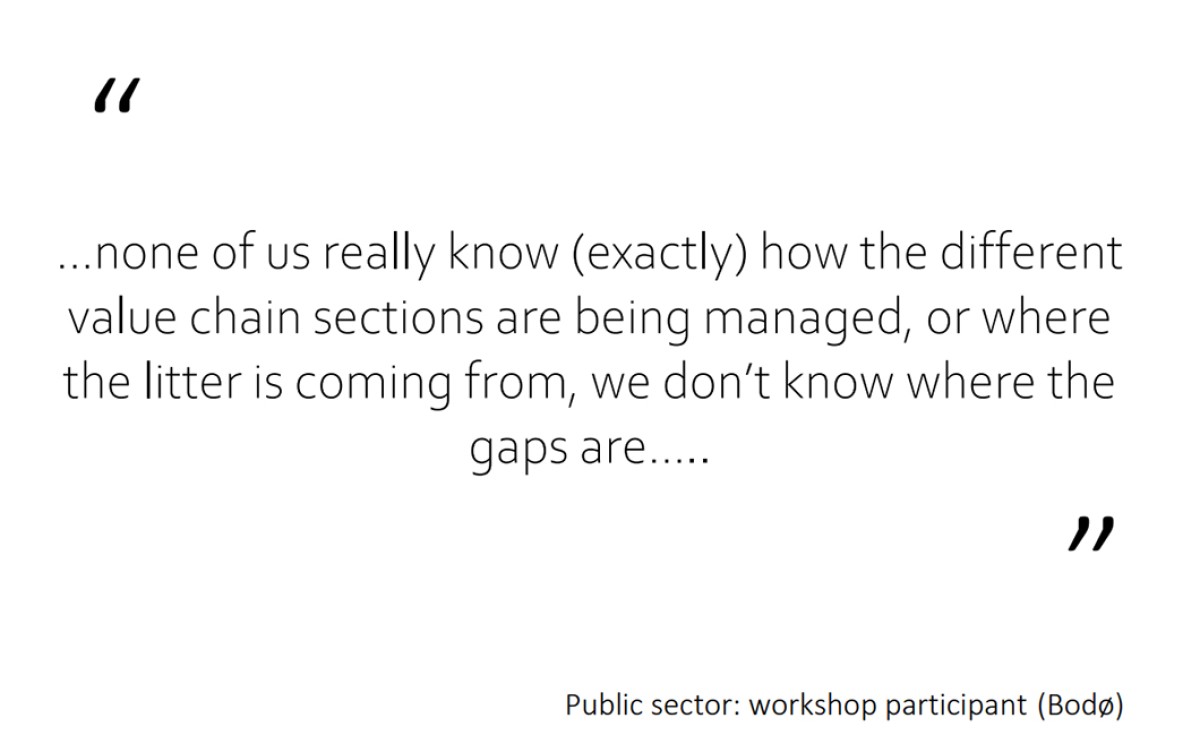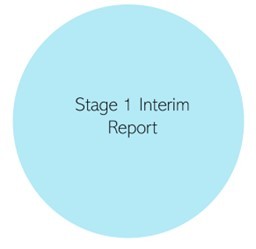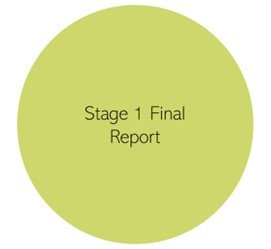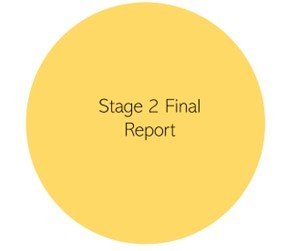SHIFTPLASTICS

SHIFTPLASTICs is a collaborative interdisciplinary project which seeks to meet complex ‘wicked’ societal and industrial challenges by co-creating sustainable circular value chains for the handling of plastics in the fishing and aquaculture sector. The primary goal is to investigate new plastic designs as well as the recirculation of plastics in the fisheries and aquaculture sector. We seek to solve the most problematic issues in complex material compositions (e.g., copper-impregnated nets and combinations of plastics and steel core ropes).
SHIFTPLASTICS Video from collaboration Workshop 1 Bodø (May 2022)
- How can new technology lead to increased material recovery of plastics?
- How can the consumption of resources (including plastics) be reduced by new circular business models, sharing services, greener product design, or changes in consumer behaviour?
- How can framework conditions be adapted to pave the way for a circular economy?
The project comprises technological science, policy science, economics, environmental science, design thinking, and systems thinking perspectives in close co-production with industry and public bodies. A dynamic yet practical project, we are drawing on the latest literature from a wide set of resources to identify the current state of the use of plastics
in these sectors, the state of the art from R&D[1], sound guidance and tools for circular sustainable methods [2][3] and instruments[4][5] which enable participants to unpick, evaluate and rebuild more circular ways of working in these sectors.
By working collaboratively and closely, the project team and partners are better able to create more economically viable and environmentally benign business models and products, which could create more jobs, better working conditions, and sustainable circular economies for the industries in the future. This dynamic way of working enables the kind of dialogue required to support the timely transition of the sectors towards more circular-economic ways of working.
The project comprises 27 project partners (public, private and academic) representing the key stages of the service model value chain in the fisheries and aquaculture sectors (e.g., R&D, policy, producers, recyclers and waste management, etc.).
This portal is the repository for the NRI co production reports (Stage 1-4) which are collectively informed by, and integrally linked, to outputs from WP 1 (Technology), 2 (Policy & Sustainable Circular Economic Framework) & 4 (Pilots). WP3 is tasked with co-producing ideas and practical outcomes which could inform systemic change for plastics pollution mitigation across the service model value chain of the fisheries and aquaculture sectors. WP3 insights also inform in part activities in WP 5 (Sustainable Value Chains). Each report builds upon the previous, incorporating an evolutionary approach parrel and reflexive of the other WPs (State-of-the-Art insights and relevant parallel projects) e.g., DISOLVE, PocoPlast, Circular Oceans. Therefore, overlaps and synergies occur through the project reflective of the project objectives:
- Report Stage 1 (interim) is reflective of early stage co production of the service model value chain and mapping of the most problematic issues for the sectors.
- Report Stage 1 (final) presents deeper insights into the problem from the partners perspectives, ideas of ways forward & an international report encompassing Scottish, Danish and Canadian perspectives.
- Report Stage 2 (interim) will co create practical solutions in achieving systemic transitioning and, integrate user perspectives (surveys and interviews).
- Report Stage 2 (final) will summarise the agreed set of outcomes that inform, what a more sustainable service model could look and systemic change that could produce practical steps in achieving this.
For more information see project webpage.

| 
| 
| 
|
